Filter staff:
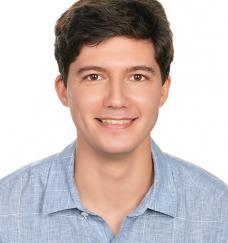
Dr Sandro Tacchella
Fellow

Dr Sandro Tacchella
Fellow
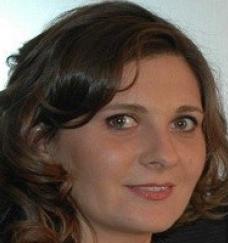
Dr Sara Silvestri
Bye-Fellow, Director of Studies

Dr Sara Silvestri
Bye-Fellow, Director of Studies
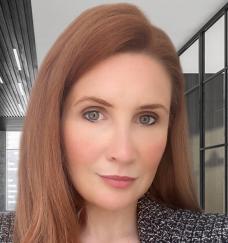
Dr Sarah Steele
Bye-Fellow

Dr Sarah Steele
Bye-Fellow
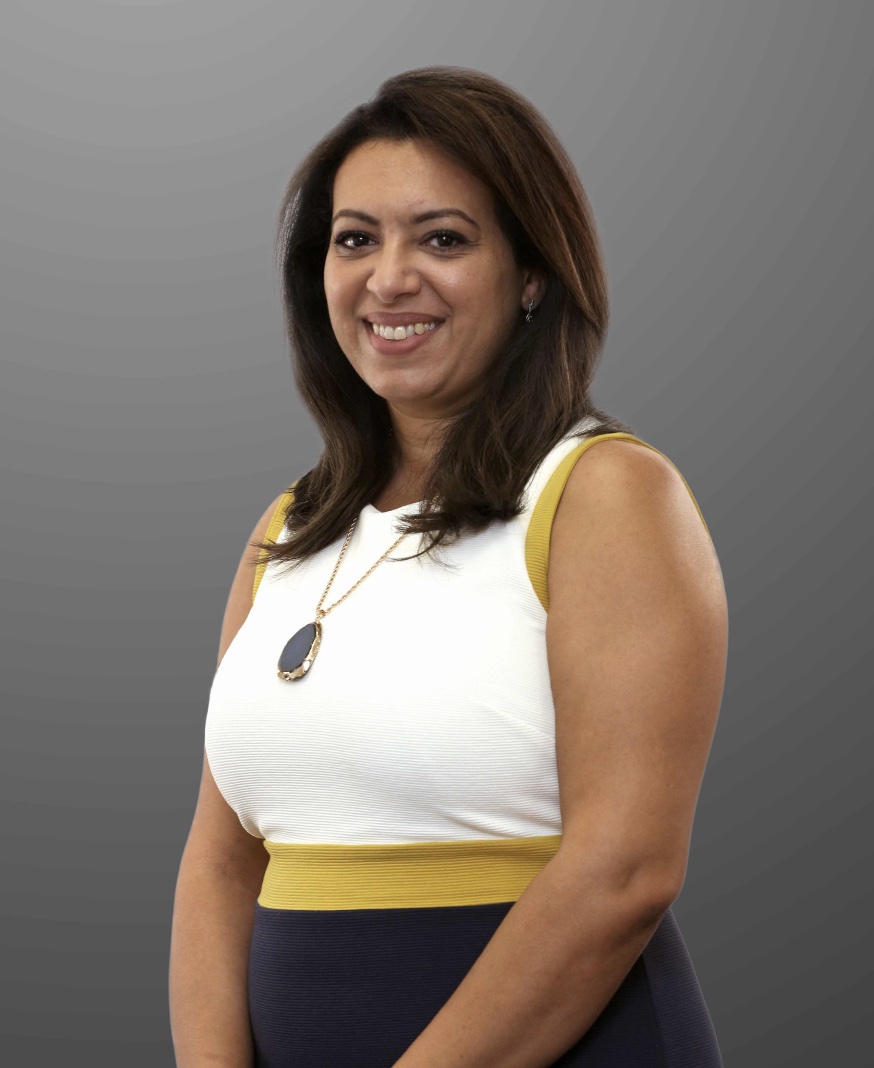
Dr Saussan Khalil
Bye-Fellow and Director

Dr Saussan Khalil
Bye-Fellow and Director
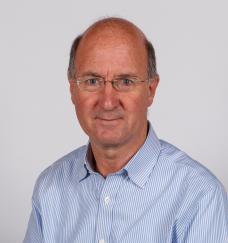
Dr Sean Butler
Emeritus Fellow

Dr Sean Butler
Emeritus Fellow
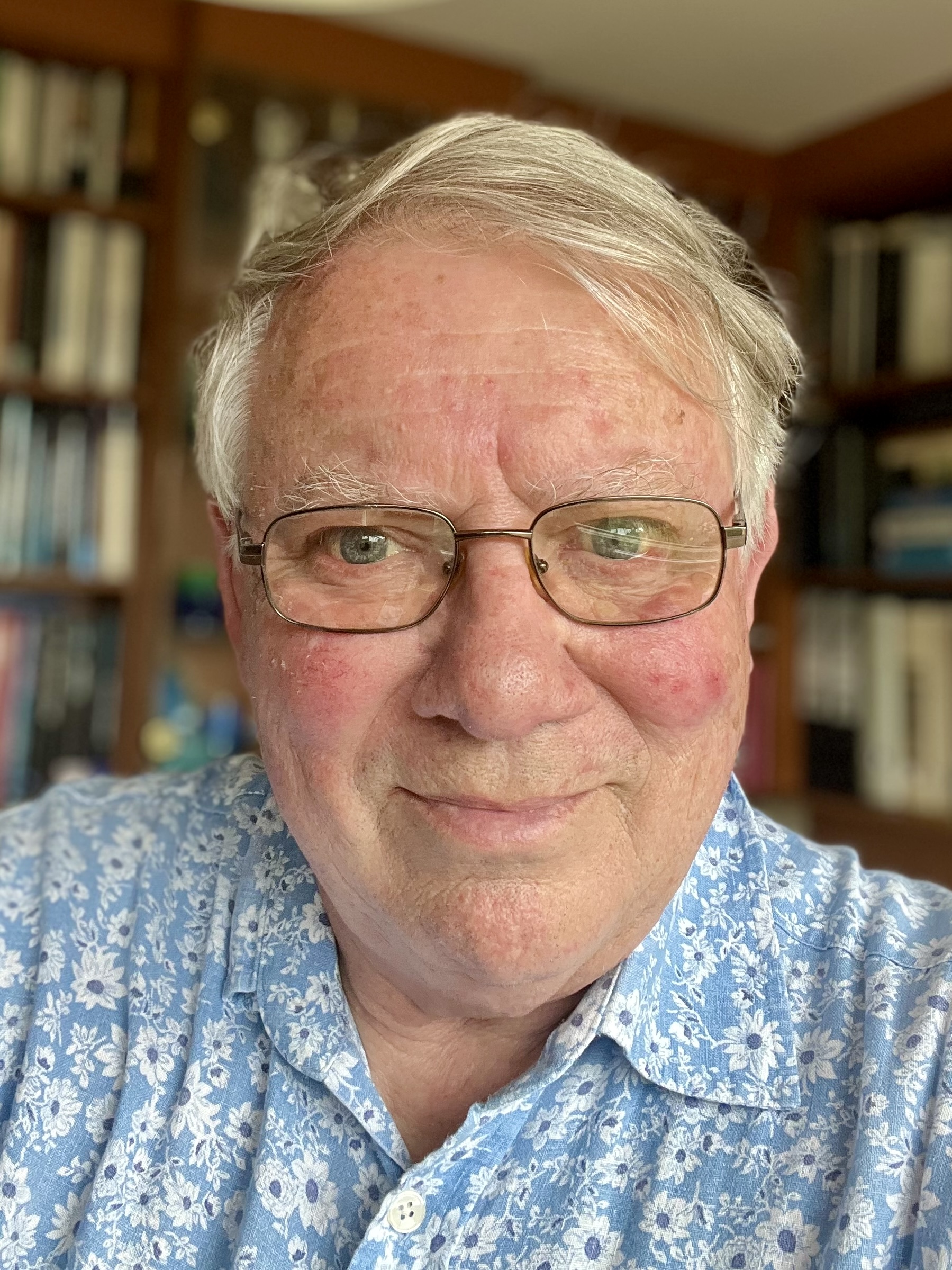
Dr Simon Mitton
Life Fellow

Dr Simon Mitton
Life Fellow
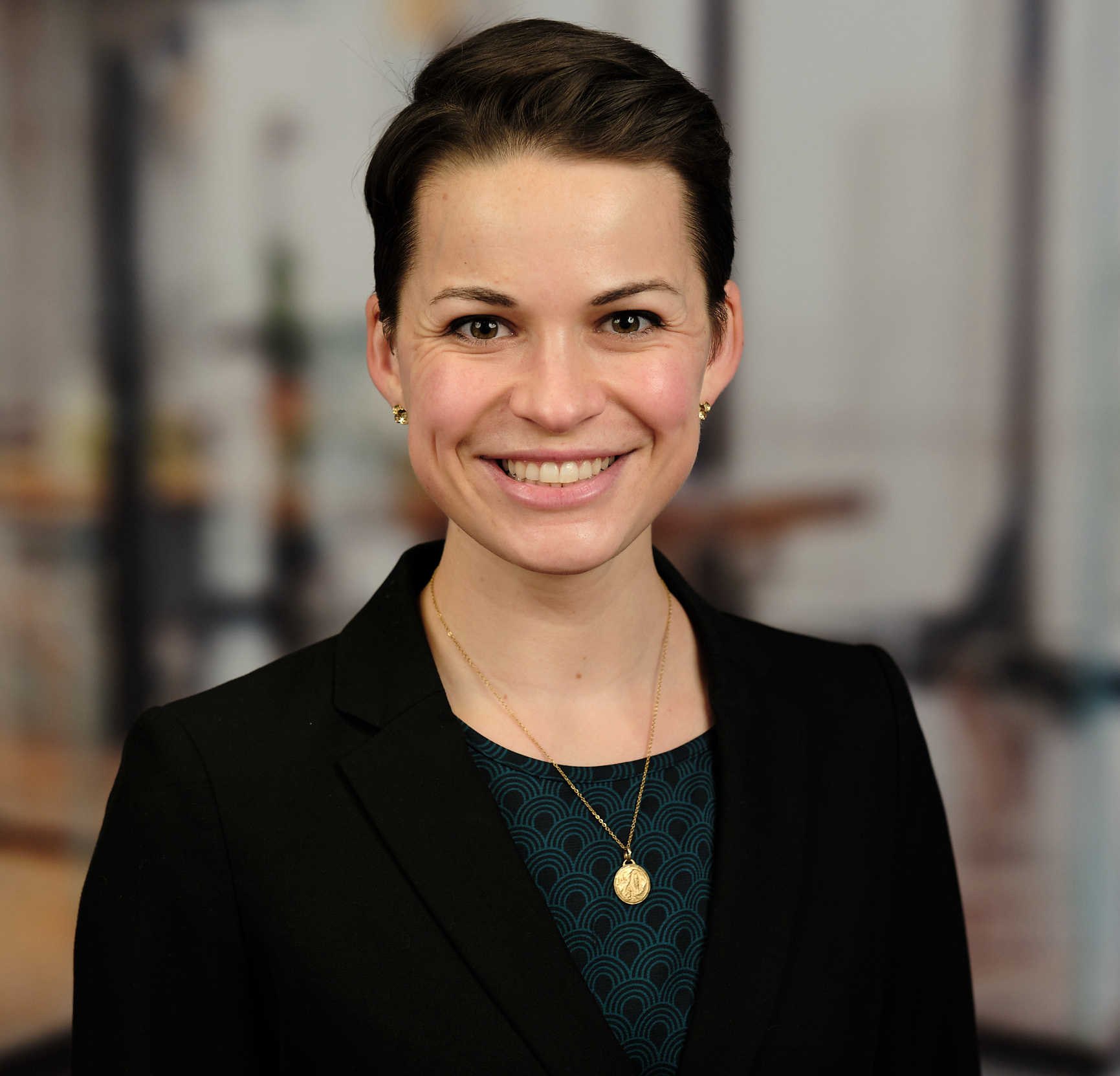
Dr Sofia Carozza
VHI Doctoral Affiliate

Dr Sofia Carozza
VHI Doctoral Affiliate
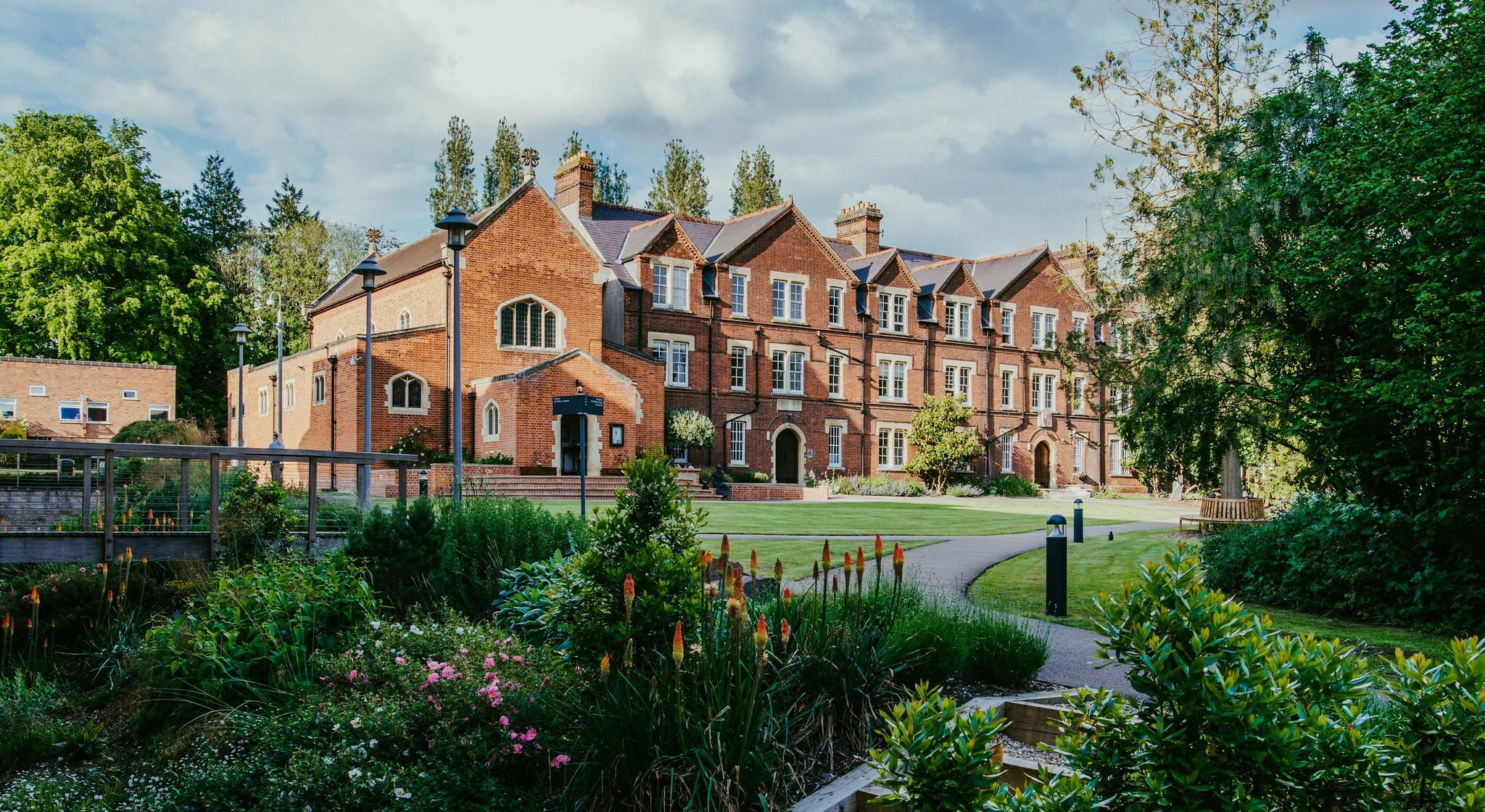
Dr Suzanne Paul
Fellow, Fellow Archivist and Librarian

Dr Suzanne Paul
Fellow, Fellow Archivist and Librarian
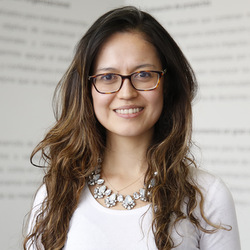
Dr Thana de Campos-Rudinsky
Research Associate

Dr Thana de Campos-Rudinsky
Research Associate
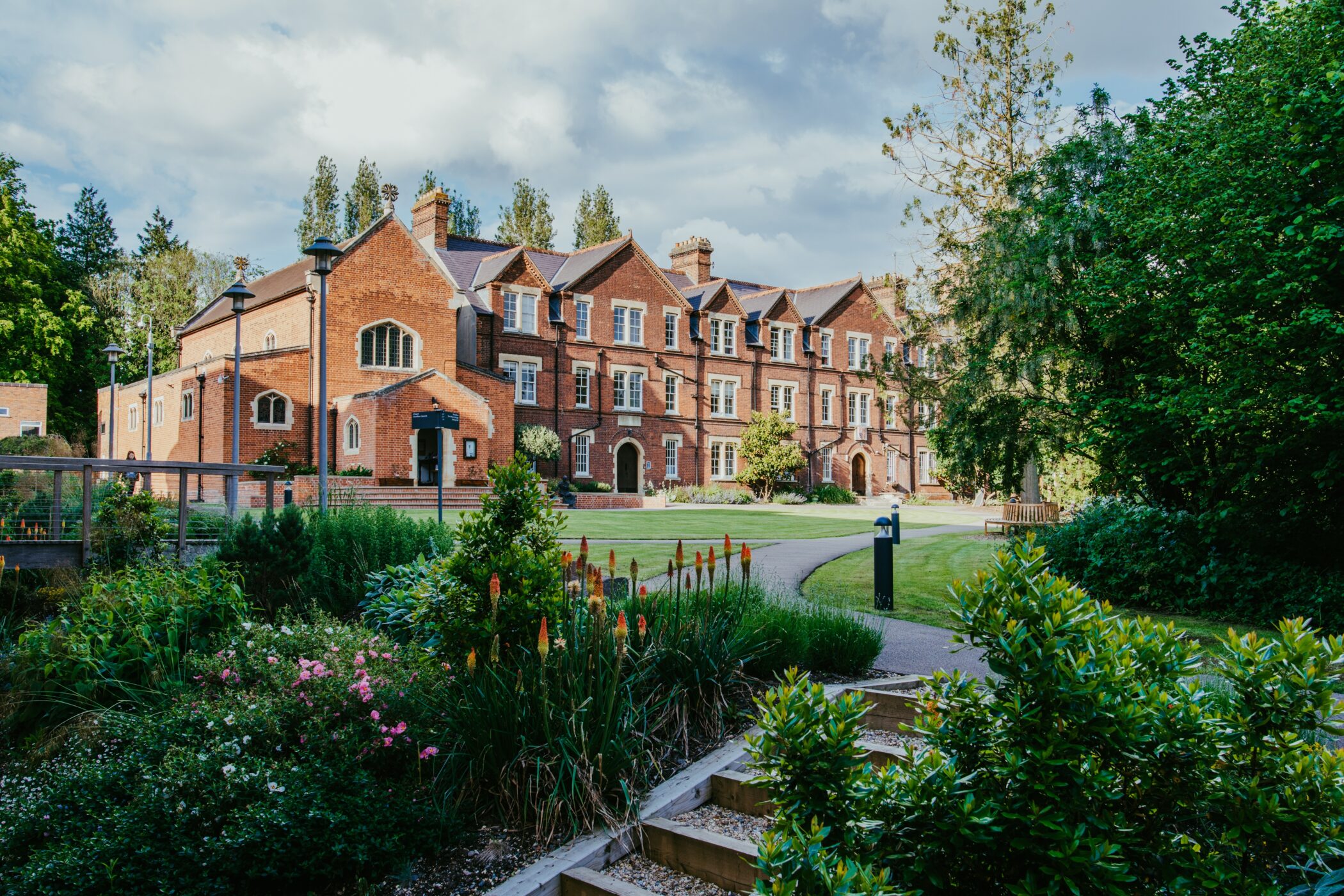
Dr Theresa Biberauer
Director of Studies

Dr Theresa Biberauer
Director of Studies
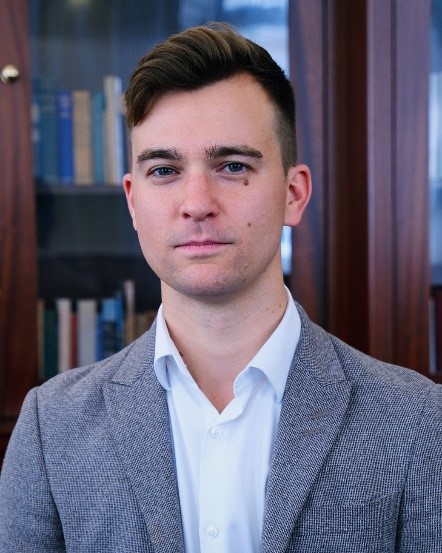
Dr Thomas Graff
Bye-Fellow, Director of Studies

Dr Thomas Graff
Bye-Fellow, Director of Studies

Dr Timothy Chisholm
Fellow

Dr Timothy Chisholm
Fellow

